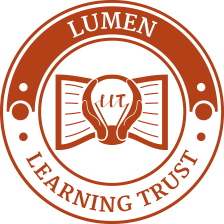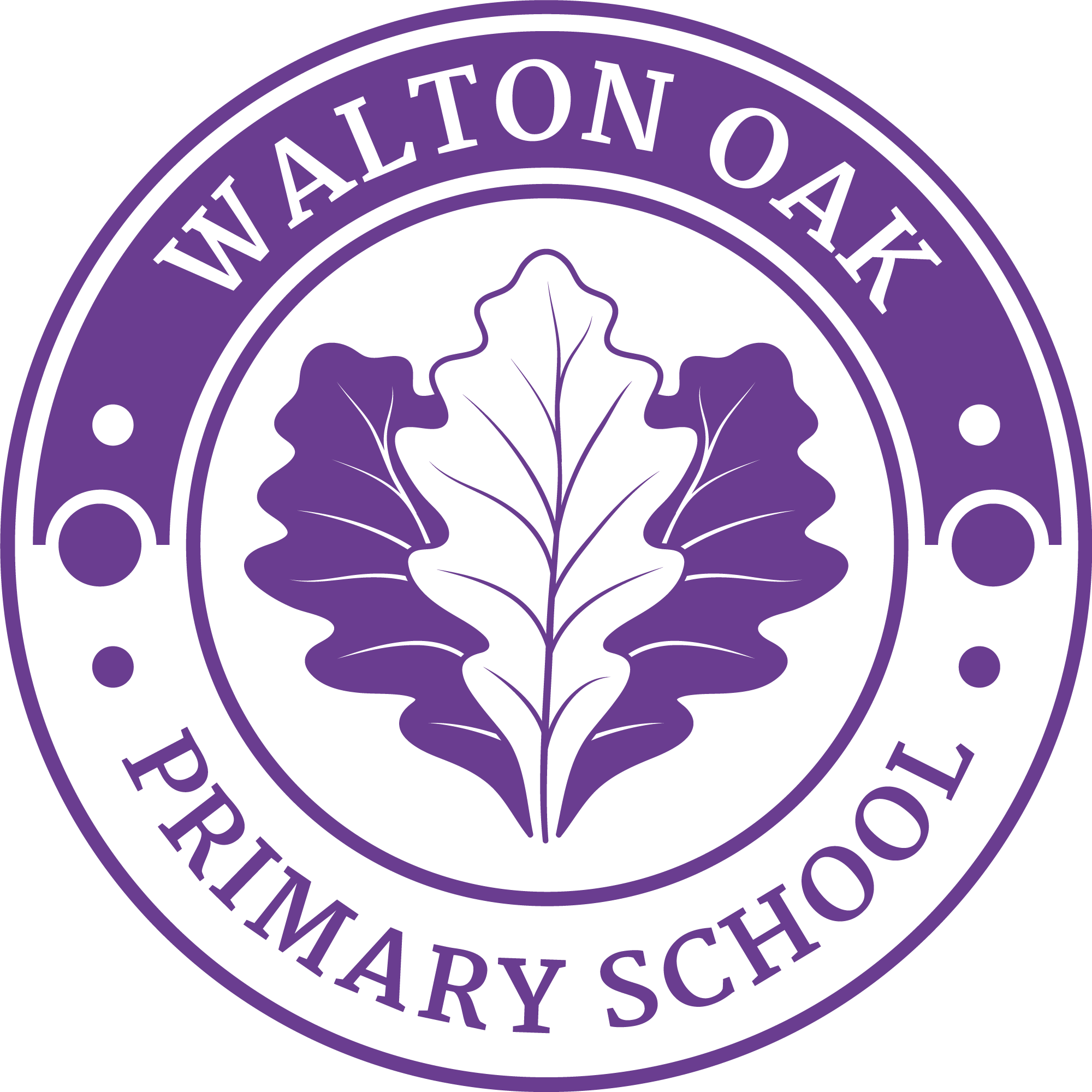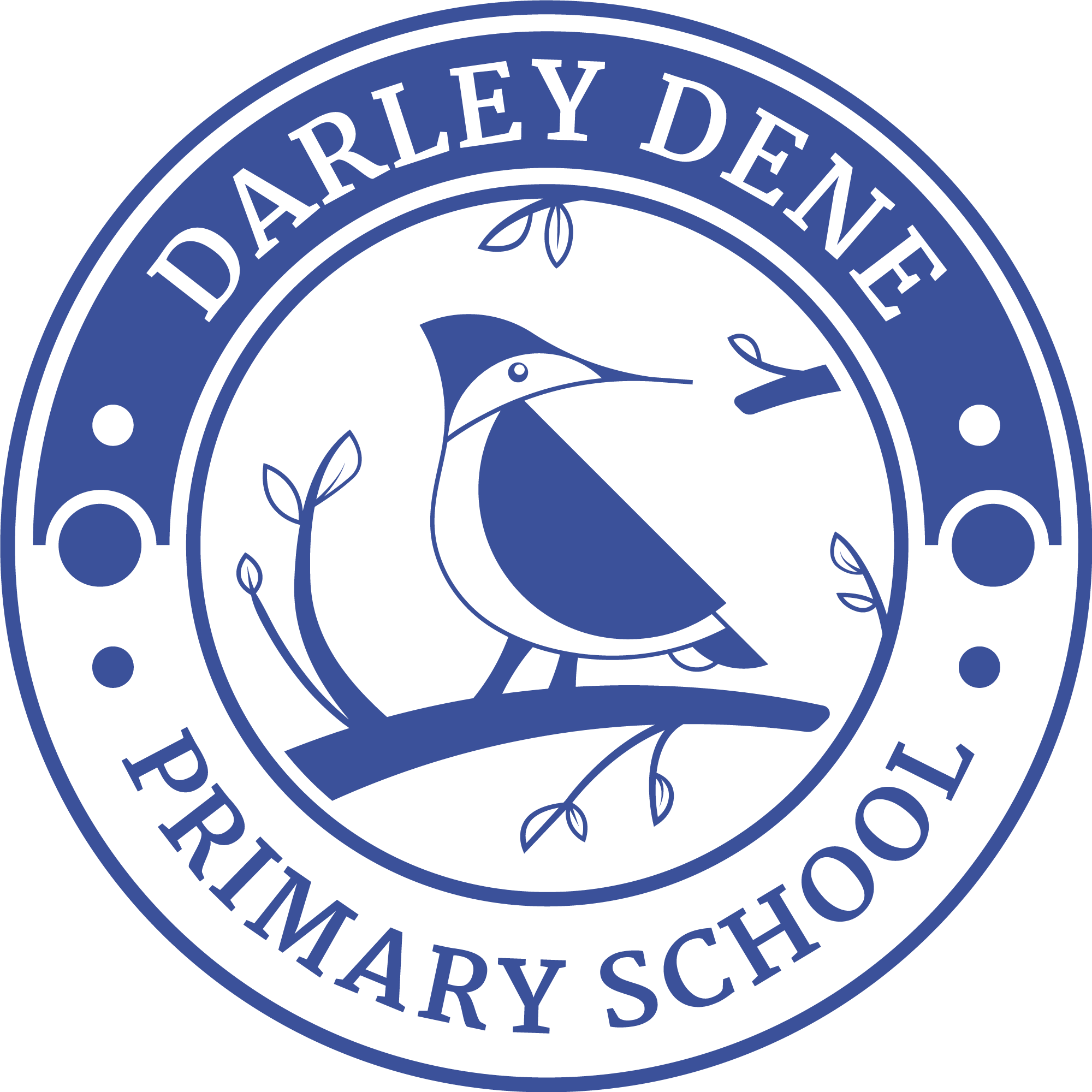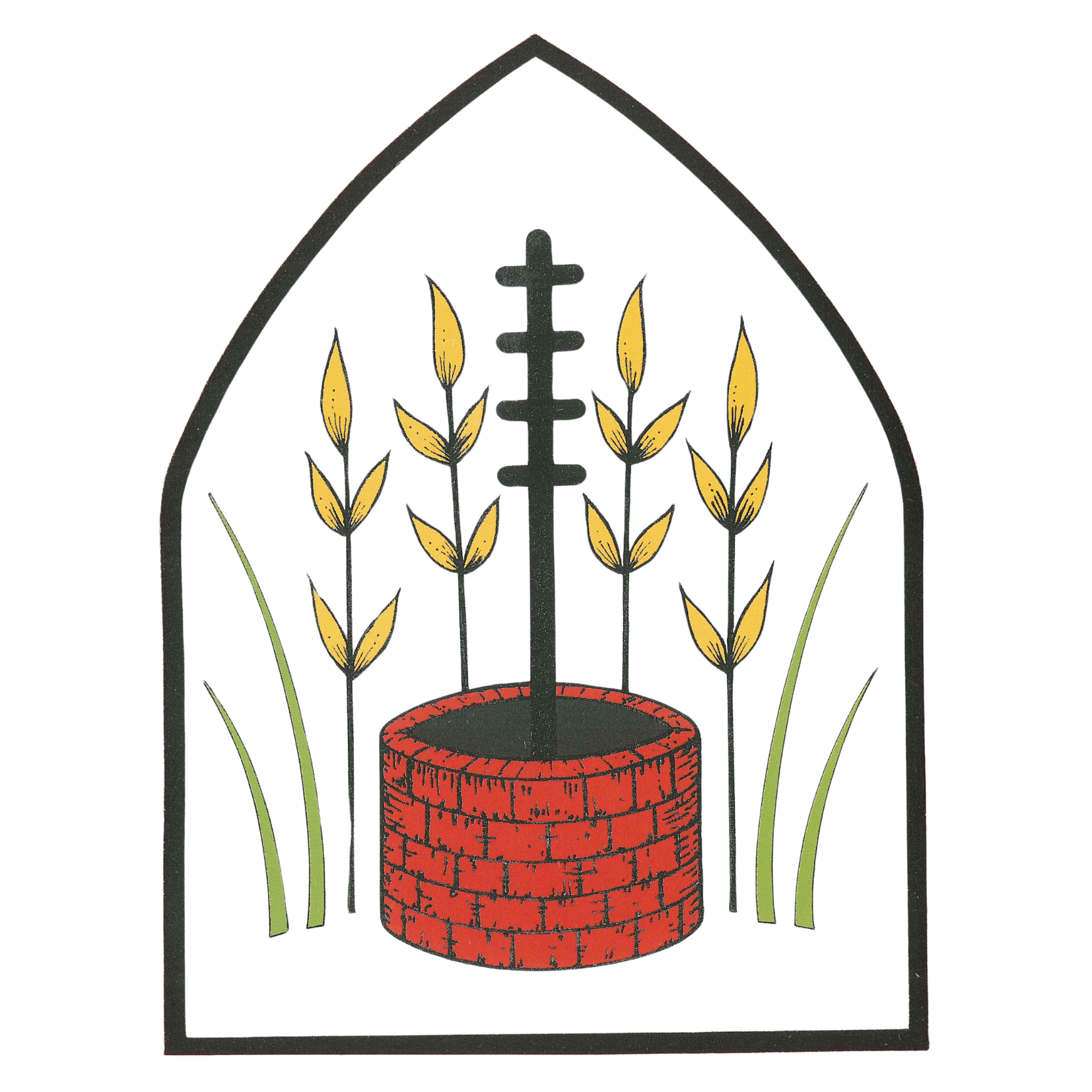Writing
Writing
Reading, speaking & listening and drama all support learners in a wide range of writing tasks linked to our Power of Reading texts and other areas of the curriculum. Children are taught grammar, spelling and punctuation in line with the National Curriculum through the high quality texts that are read in class. Daily teaching of spelling is also carried out using the Little Wandle 'bridge to spelling' programme and 'Spelling Shed' for children in Year 3-6.
Writing in English and across the curriculum
The intent of our Writing Curriculum is that children will:
- Write with increasing confidence, fluency and understanding, utilising a range of independent strategies to self-monitor and correct
- Consider the purpose, clarity and effectiveness of their own and other’s written and spoken communication, composing their ideas with their audience in mind
- Be able to transcribe written work effectively, learning standard use of written English and develop their ability to use grammar, punctuation and spelling effectively
- Articulate their thinking with appropriate language across the curriculum
- Develop their digital literacy, making use of technology to support their literary development
Teachers employ a range of strategies, which include regular opportunities to model writing, articulating their meta-cognitive thinking aloud. We teach holistic writing skills from the National Curriculum and the Power of Reading text is the inspiration for this. Children have opportunities to write a range of genres in order to practise these skills, but elements of genre are taught as part of vocabulary and organisation learning objectives.
Power of Reading
Our English provision is supported by the use of the Power of Reading programme, which ensures our curriculum is enriched by the use of high-quality, diverse children's texts from which a number of cross-curricular links can be made. These texts are carefully selected to ensure progression and are detailed in the Riverbridge Reading Spine. Our Power of Reading texts and Reading Spine are updated regularly, ensuring all children have the opportunity to encounter books in which they can see themselves, their experience and the wider world reflected.
Spelling
At Riverbridge, we recognise the importance of teaching our children to spell accurately. Spelling is taught daily across the school.
EYFS/Year 1
Spellings are taught as part of the daily phonics sessions, following the Little Wandle progression.
Year 2
In Year 2, children begin a ‘Bridge to Spelling – Little Wandle’, providing a seamless link from the core Little Wandle Letters and Sounds programme, to learning spelling. All spelling lessons follow the familiar structure of Little Wandle phonics lessons, supporting children to make links to their phonics learning.
Year 3-6
Spelling Shed is used in Years 3-6. Spelling Shed is a scheme designed for pupils to practise their weekly spellings online via https://play.spellingshed.com.
Children can practise set spelling rules given by the teacher as well as practise spelling patterns from the National Curriculum. Teachers are able to use the program in school and monitor practice and progress when the site is used at home. Each week, alongside home learning set on Google Classroom, the children will also be given a spelling assignment on Spelling Shed. Pupils will receive a new online spelling list each week which will be based around the spelling rules they are learning in class.
The assignment is in the form of playing games where the children can choose their own confidence level. Once they’ve completed the assignment, they can continue to play the games given or start to play the bonus games. The more times they play, the more points and rewards they will earn!








